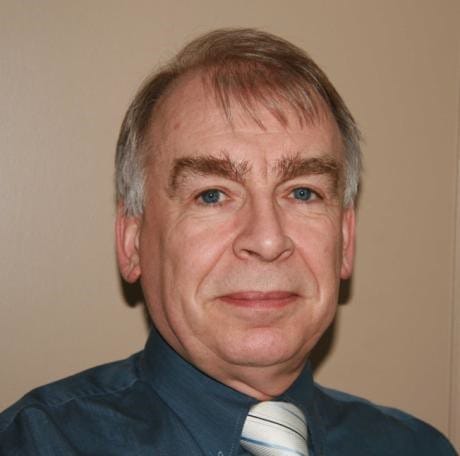Market access is a crucial turning point for many companies. Getting your drug reimbursed by the government means the world. However, gaining market access is a difficult and elaborate process that is underestimated by many. According to Christian Huyghe, CEO of HealthProAccess, market research, a simple presentation of your technology, and knowing how to apply the rules are the key components to make it work.
What does market access mean?
Market access can be defined as the process of getting a drug or a medical device approved for reimbursement by the government. Is this correct? “Several people understand several things under market access,” replies Huyghe. “Market access can be a lot about price and reimbursement, but also about a commercial strategy to position your product in the different market segments. It really depends which type of technology you are talking about. Reimbursement of drugs is decided on the country level, whereas for medical devices or diagnostics, this can be at a regional or even hospital level. These have different funding mechanisms, which makes it all the more complex.”
Is somebody waiting for your innovation?
Thanks to innovation, we grow older and lead healthier lives for longer. However, identifying what innovation can bring against what we have today is a delicate exercise in weighing one against the other. Huyghe confirms, “Indeed, that is very difficult to forecast. You can innovate all that you want, but in the end you need to respond to a medical need. To a large extent, a medical need is defined by the perception of the public, which are patients, doctors, insurers and the government. Will the innovation be welcomed? You work on the innovation today, but it might only be ready to be marketed within 5 or 10 years. To forecast the future need for your innovation is a difficult task”.
The outside-in approach
When people have an innovative idea, they try to gather funds and start to develop their technology. However, a thorough market research is needed to estimate the added value of the innovation and the plausibility of market access. “This is not easy,” warns Huyghe. “Being backed-up by a couple of key opninion leaders is not enough. You need real data proving the added value of your innovation. Everyone should begin with making a health economic model. This starts with a hypothesis of what your technology will do and compares it with what is known today and its costs and benefits. Then you are able to express this in a monetary value. Even before you have the results of your scientific study, you should try to anticipate what the added value of your innovation would be for the public. Actually, my advice is the following: If you want to create something new and want to make sure you will get market access, think outside in. What do people want? A better life. How can I fulfill this?”
Better be prepared
Huyghe says: “The people who will evaluate your technology will all have very different backgrounds. You have to take this into consideration. Try to describe your innovation as simple as possible. Make sure that people understand what is it that you want to bring to healthcare.”
“From personal experience: market access is more than just knowing the systems of the different countries but also being able to estimate the complexity of the different systems and then being able to assure funding,” concludes Huyghe. “You can know the systems, the regulations and the rules, but how they are applied varies from country to country and from product to product. So if you don’t have any experience, you are basically unarmed. You really need the right expertise and a lot of experience to get market access for your product. It is something you cannot learn at university. You can study the regulations and the rules, but how to apply it you have to learn in the field. It requires a lot of fighting spirit not to be dominated by the stubbornness of regulators.”

Christian Huyghe studied medicine at the University of Ghent and graduated in 1980. He then went to the Netherlands to specialize in internal medicine and oncology. He joined the pharmaceutical industry in 1985, where he held several positions in major pharmaceutical companies, of which the most important ones were in market access and medical affairs. In 2009, he founded HealthProAccess, a consultancy company that provides strategic advice on market access.


